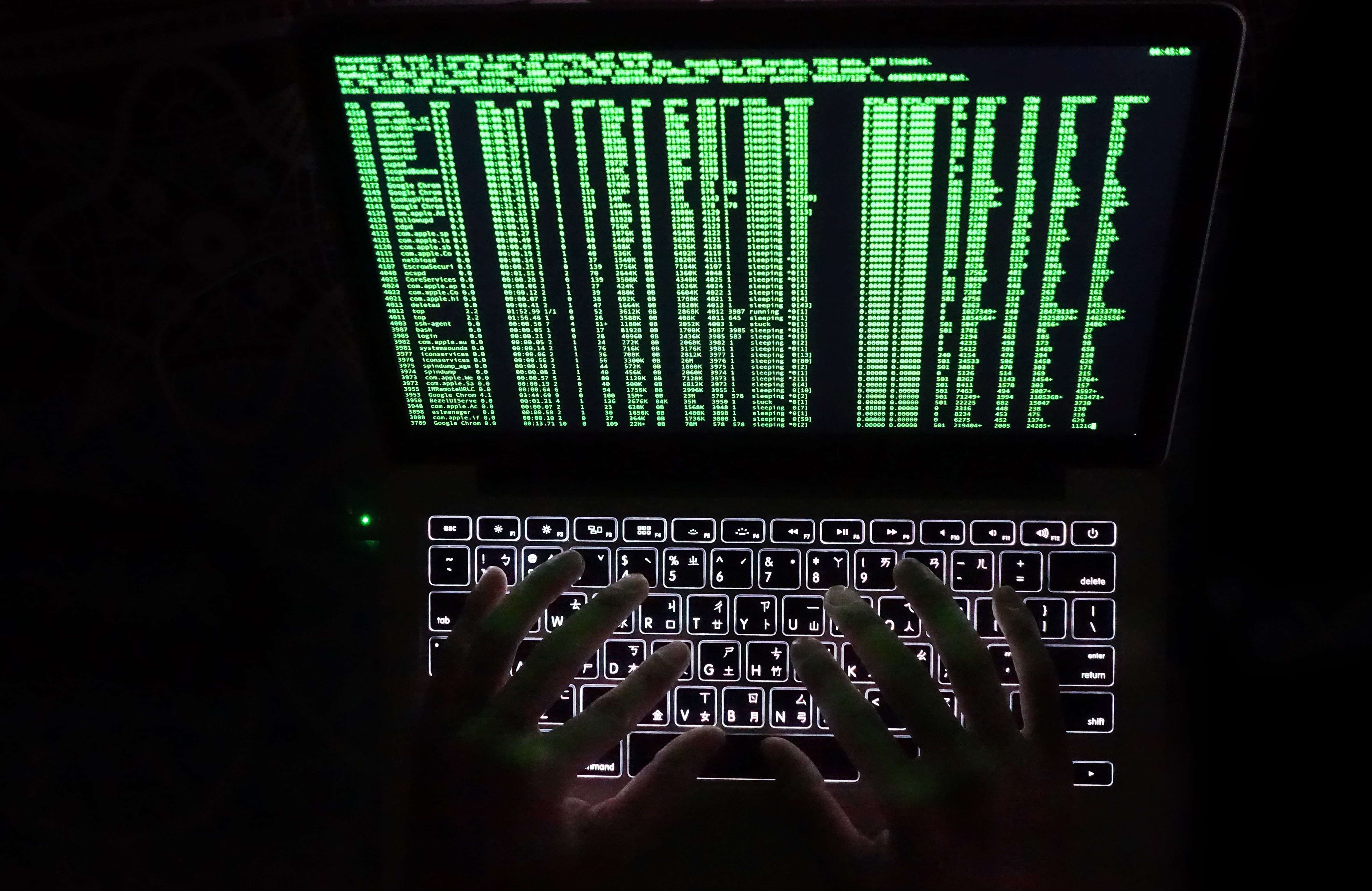
There is no such thing as a free lunch.
A business owner posted on Facebook about how his company's computer was infected with a 'botnet', which hackers exploited to their advantage, causing the business to suffer losses. The post quickly received thousands of shares, comments and attention, including both praise and criticism.
'In fact, Mr. T's computer was infected with a type of malware, not a botnet as the article called it. Malware generally comes in many forms, from trojans, rootkits, keyloggers or the most common type of ransomware today. Botnet is a network of "ghost computers" or zombies that are manipulated by hackers through vulnerabilities or malware hidden in the computer," said Mr. Ngo Tran Vu, Director of NTS Security.
'With the popularity of the Internet today, criminals have many ways to spread malware to new users, or those who are indifferent to the security of their devices. Common channels for criminals to find victims are blogs, forums, and social networks that share free pirated resources. And of course, nothing is free, they always give away surprise gifts that the victims do not know about,' Mr. Vu commented.
In Mr. T's story, downloading pirated graphics software (cracked, cracked software) is an action that creates risks to his assets, including issues with software copyright and security.
Small and medium enterprises are the target
Mr. T. is not alone. Small businesses often do not take software copyright seriously and want to use 'genuine' software for free, so they freely download specialized software to serve their daily work, from pre-packaged Windows operating systems (Ghost, Iso), Office office suites or popular high-end graphics and multimedia software such as Adobe Photoshop, Illustrator, After Effects, AutoCAD, Vegas Pro... or even small-scale ones such as file compression tools WinZip, WinRAR, IDM download tools.
Most of them are available on underground websites or torrent networks, free sharing social networks, users are required to turn off security tools on their computers such as Anti-virus or Internet Security (if any) to download. Because these tools can scan for malware hidden in cracking tools such as Keygen, Patch, Crack or files that are already infected with malware.
Businesses often have to swallow the bitter pill when incidents occur due to their own mistakes. They do not receive support from software developers, but instead may receive penalties from specialized agencies. They face information security risks when malware and hackers penetrate devices or systems, steal or extort money. Data is lost. Their brand is damaged, and thus, their relationships with international partners or customers are affected.
Don't "wait until the cow is gone to build the barn"
In fact, malware embedded in pirated software is becoming more sophisticated and harder to detect by ordinary users. A new variant of the HotRat malware recorded in August continues to rampage in Southeast Asia through the widespread use of pirated software in the region.
Mr. Vu said that comprehensive protection solutions such as Kaspersky Total Security are very useful for individual users or small businesses. However, for businesses larger than five years, they should choose security solutions that combine data backup because data is a very valuable asset that is currently targeted by ransomware.
Source


![[Photo] Party and State leaders commemorate Uncle Ho in Ho Chi Minh City](https://vstatic.vietnam.vn/vietnam/resource/IMAGE/2025/4/29/af98c337ab8b4d709c4391d877642b4a)

![[Photo] Editor-in-Chief of Nhan Dan Newspaper Le Quoc Minh received a delegation from the Japan International Cooperation Agency (JICA)](https://vstatic.vietnam.vn/vietnam/resource/IMAGE/2025/4/29/676aec9aea1f4ee880234a8bb709ecc4)
![[Photo] National Assembly Chairman Tran Thanh Man receives Vice Chairman of the Belarusian House of Representatives](https://vstatic.vietnam.vn/vietnam/resource/IMAGE/2025/4/29/fe0423b91f194dfaa208ccdba083f57c)
![[Photo] Students enthusiastically participate in the contest for the title of Champion and write beautifully](https://vstatic.vietnam.vn/vietnam/resource/IMAGE/2025/4/29/c4a774bd8a874b37bd782ad2b9fa0613)
![[Photo] General Secretary To Lam receives General Secretary and President of Laos Thongloun Sisoulith](https://vstatic.vietnam.vn/vietnam/resource/IMAGE/2025/4/29/d64b36db7cbf4607870ba7d6ed6a5812)
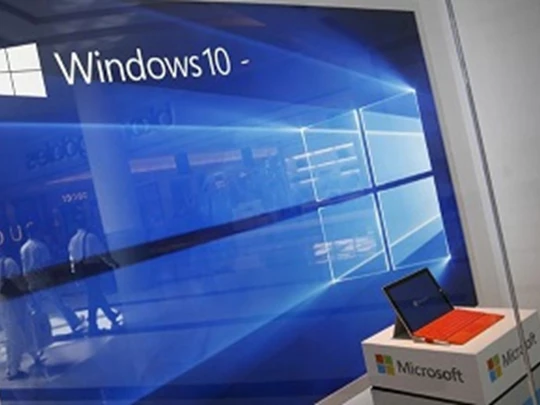



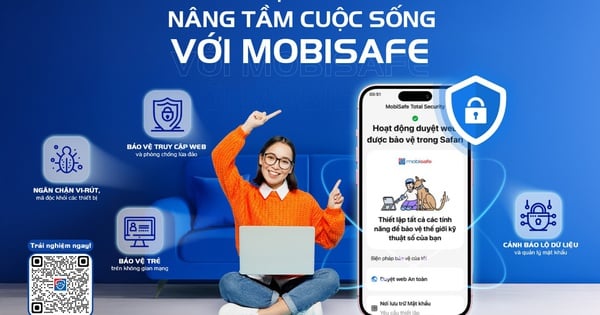


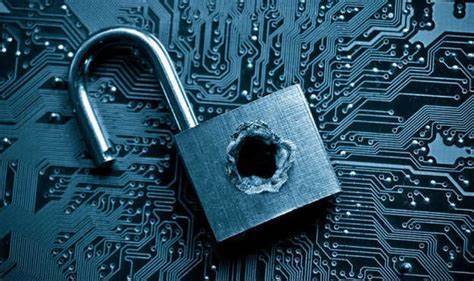

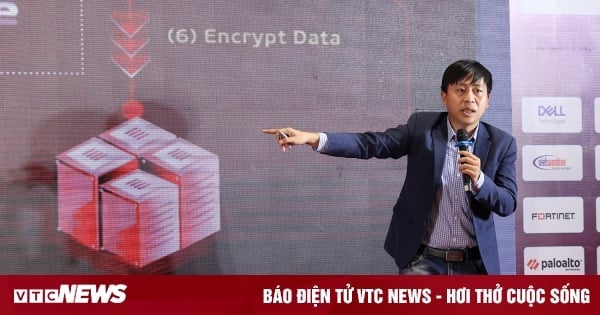



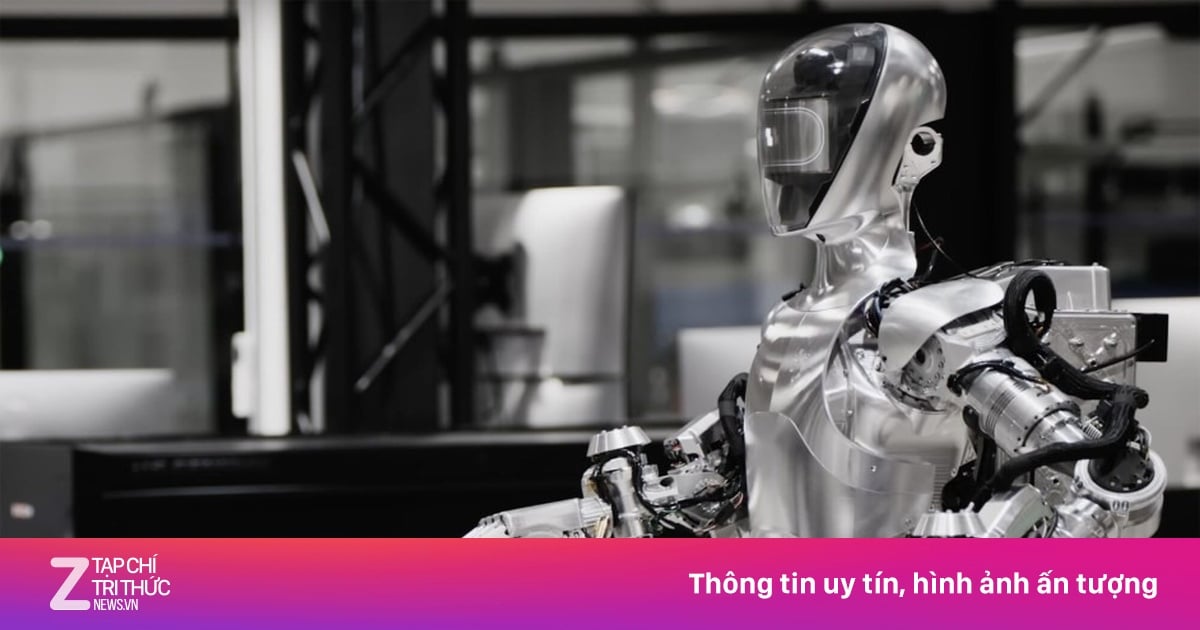



























































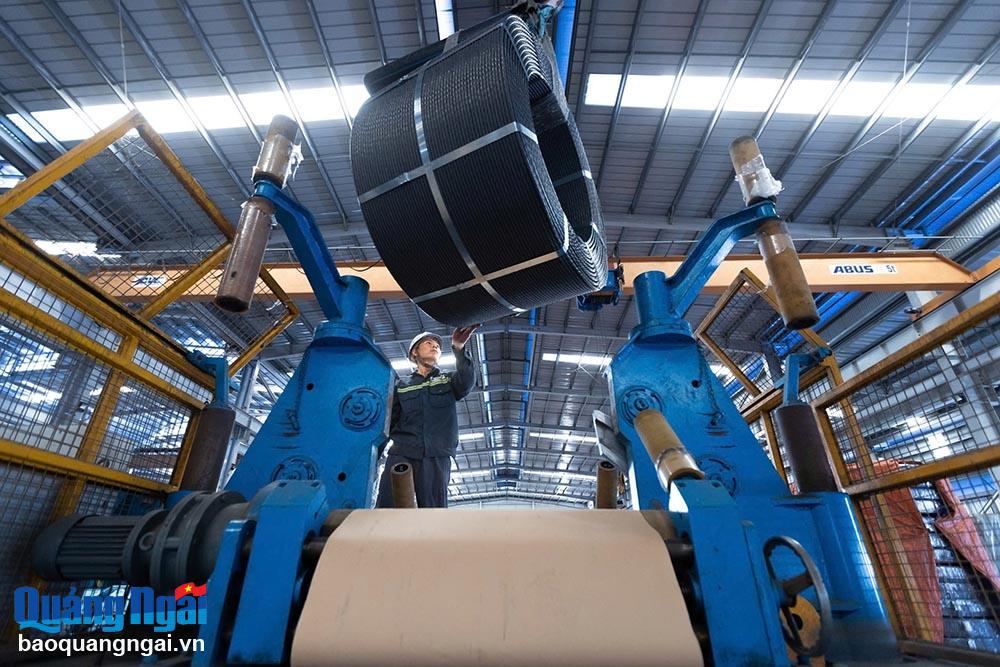

















Comment (0)